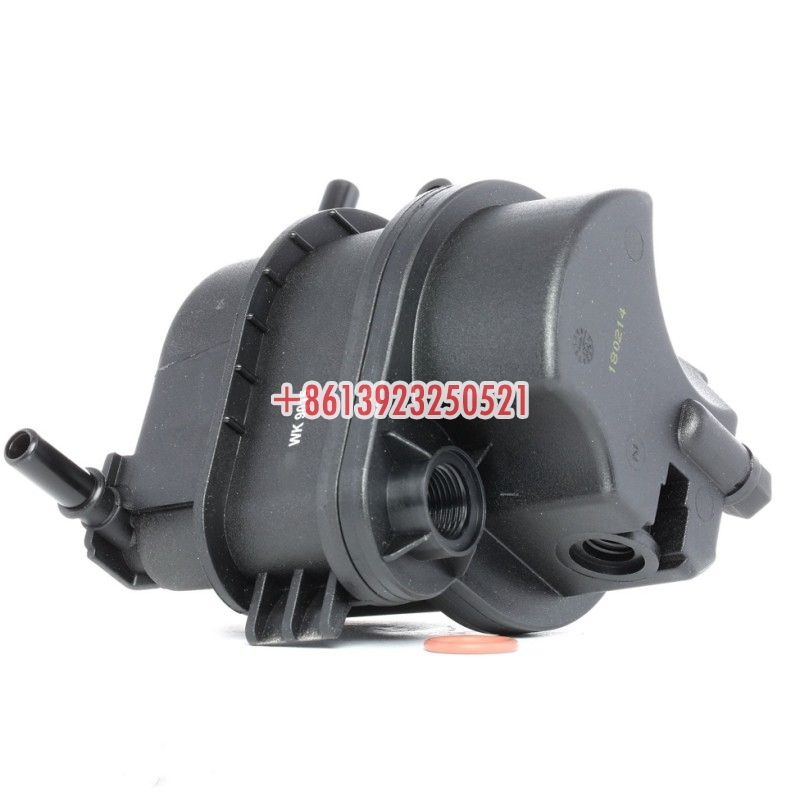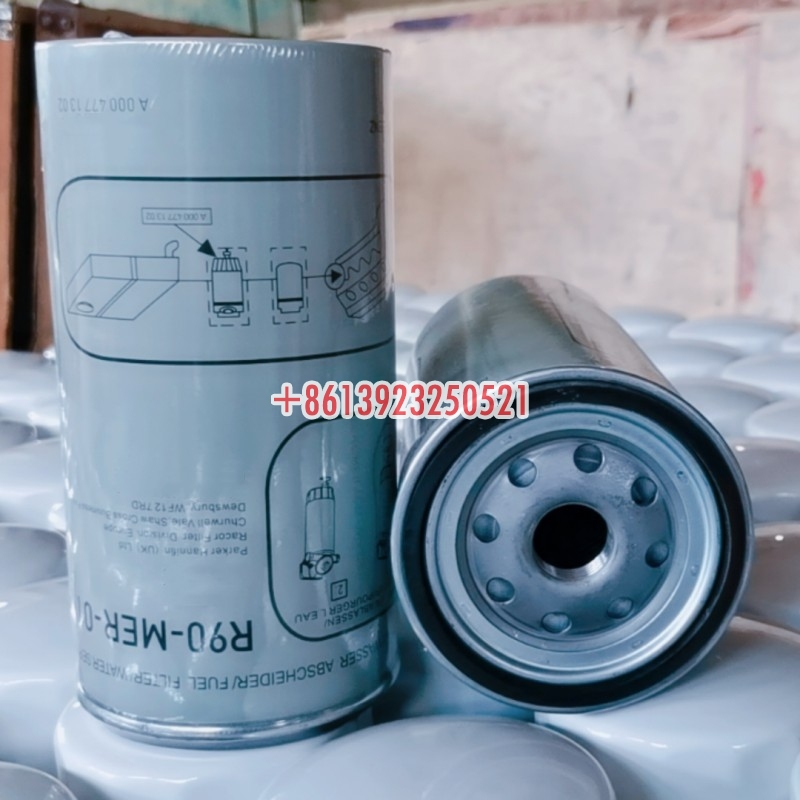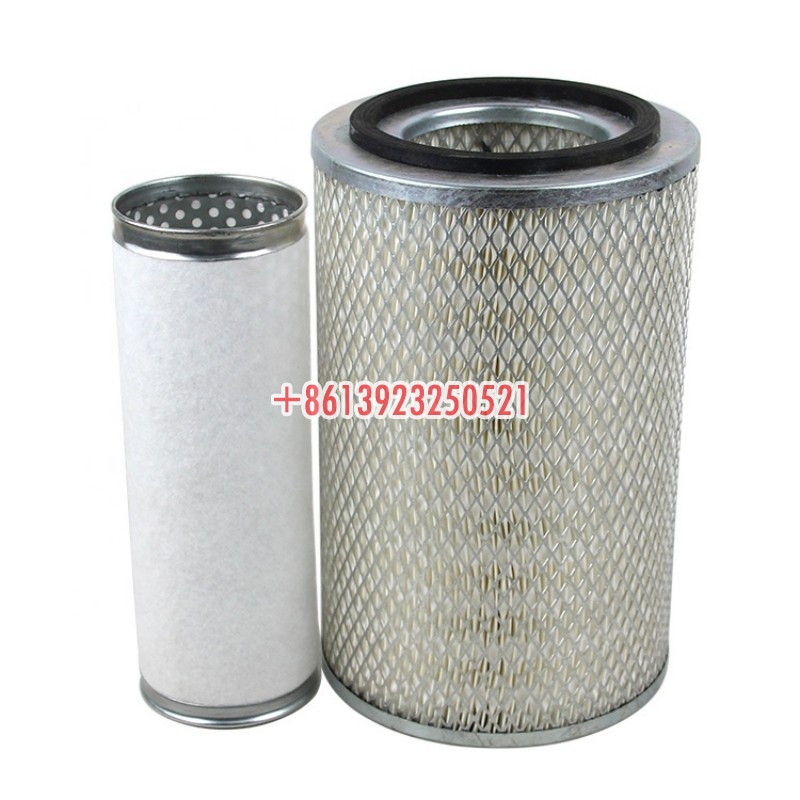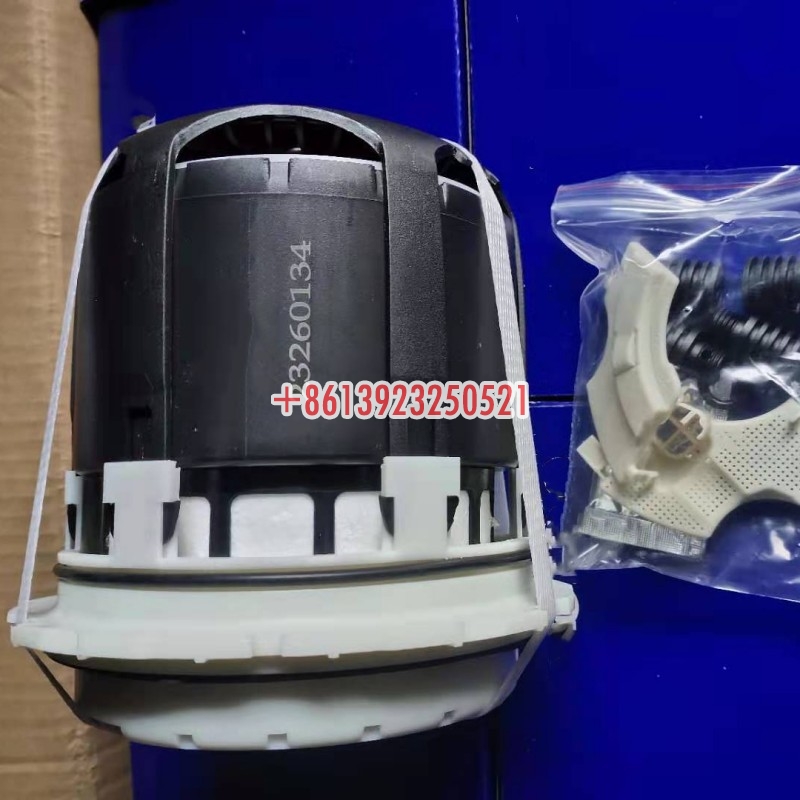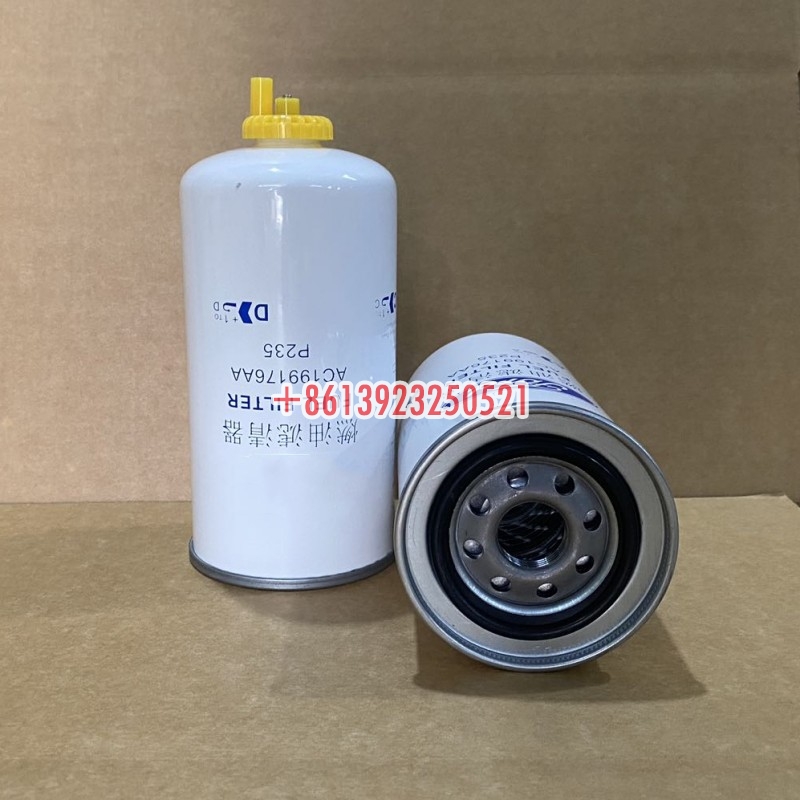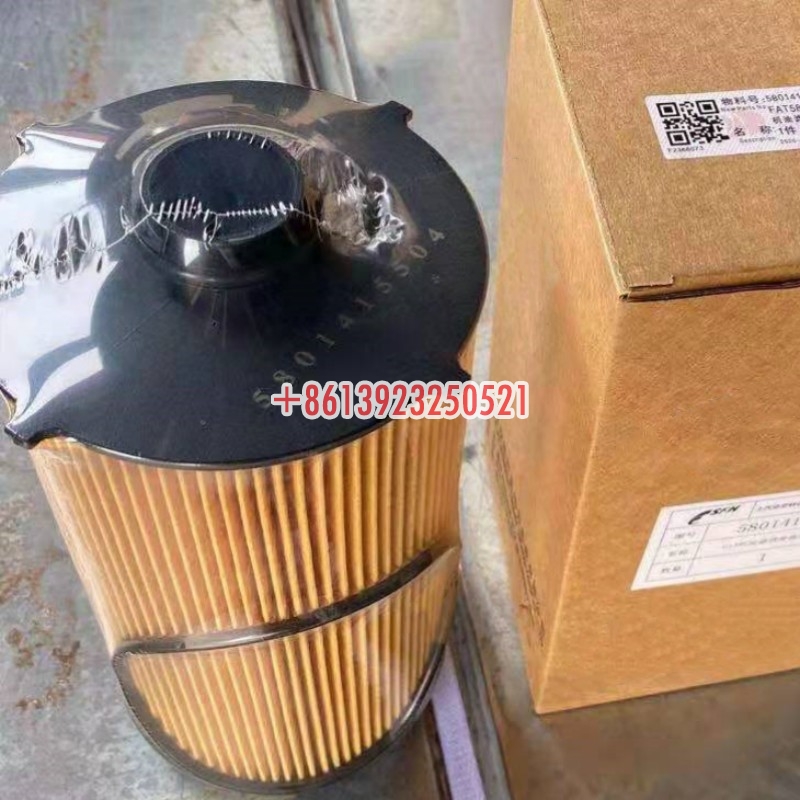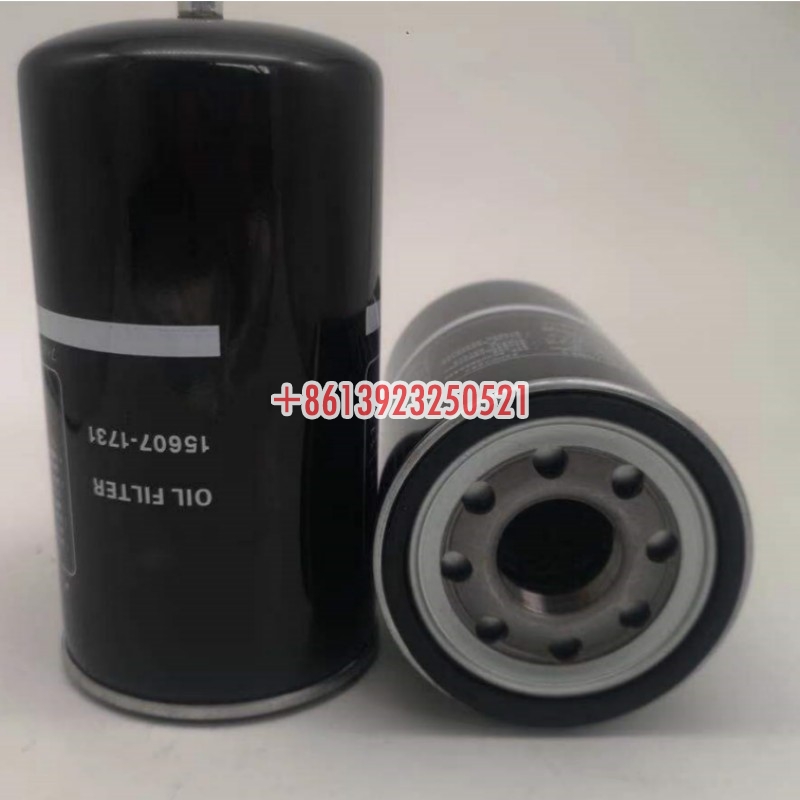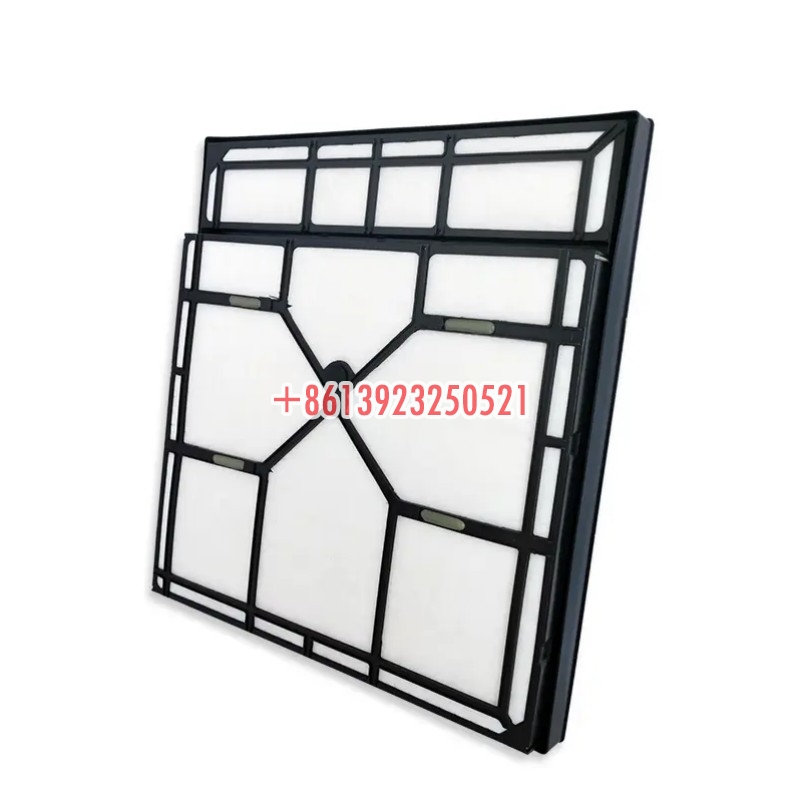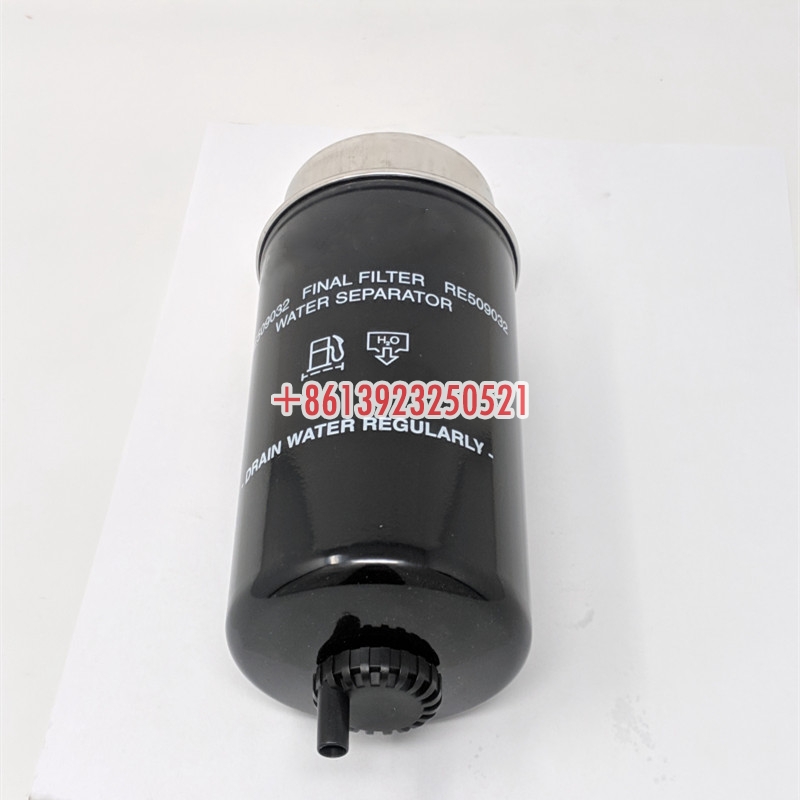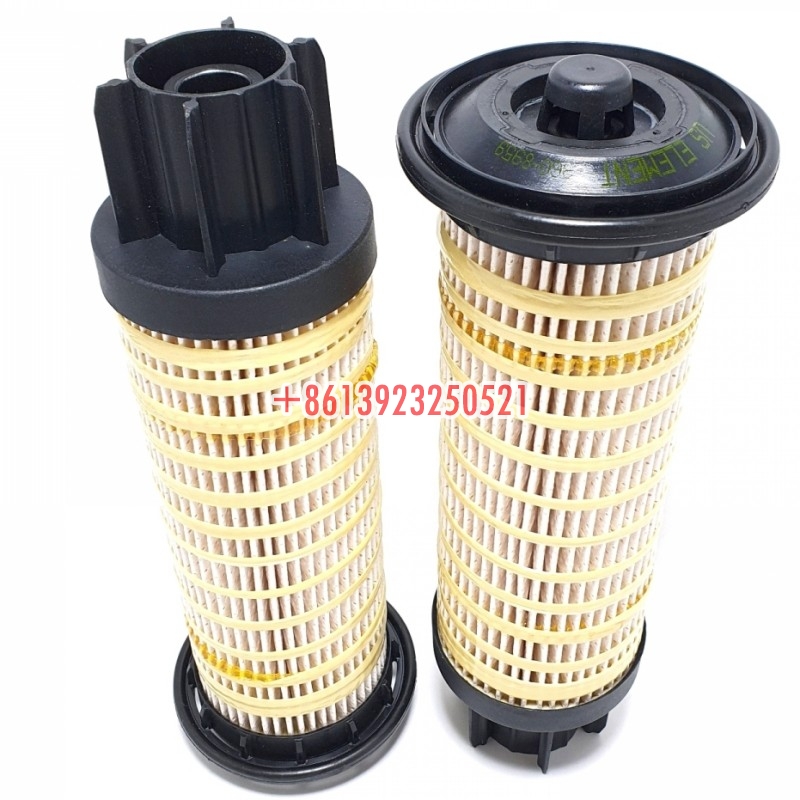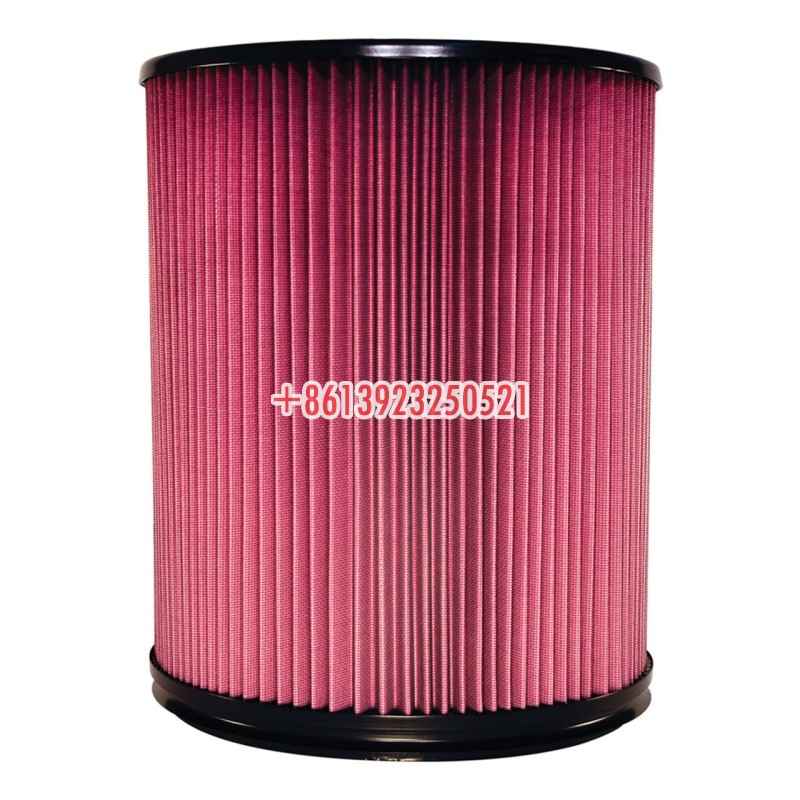passenger bus BMW filter play a crucial role in maintaining the health and efficiency of vehicles. These filters, including oil filters, air filters, and fuel filters, are designed to protect the engine and optimize its performance.
Application of passenger bus BMW filter :
passenger bus BMW filter find application in various areas of vehicle maintenance, ensuring optimal performance and longevity. Let's take a closer look at the key areas where these filters are utilized:
Oil Filters: Engine oil filters are responsible for trapping contaminants and impurities that can degrade engine performance over time. By removing harmful particles, oil filters help maintain clean oil circulation, reducing engine wear, and extending its lifespan.
Air Filters: Air filters safeguard the engine from dirt, dust, debris, and other contaminants present in the air. They ensure the delivery of clean and filtered air, promoting efficient combustion and protecting vital engine components from potential damage.
Fuel Filters: Fuel filters protect the engine's fuel system by preventing contaminants, such as rust, debris, and sediments, from reaching the engine. These filters ensure the delivery of clean fuel, improving fuel efficiency, and preventing potential damage to fuel injectors and other engine components.
Pros of passenger bus BMW filter :
Enhanced Engine Performance: passenger bus BMW filter maintain the cleanliness of essential fluids and air entering the engine, promoting smooth operation and maximizing performance.
Prolonged Engine Life: By effectively filtering out contaminants, passenger bus BMW filter prevent premature engine wear and damage, extending the engine's lifespan.
Improved Fuel Efficiency: Clean air and fuel filters contribute to efficient combustion, optimizing fuel consumption and saving on fuel costs.
Reduced Maintenance Costs: By preventing contaminants from reaching vital engine components, passenger bus BMW filter help reduce the need for costly repairs and replacements.
How often should passenger bus BMW filter be replaced?
The replacement frequency varies depending on factors such as driving conditions and manufacturer recommendations. As a general guideline, oil filters are typically replaced during every oil change, while air and fuel filters may require replacement every 12,000 to 15,000 miles or as recommended by the vehicle manufacturer.
Can I clean and reuse passenger bus BMW filter ?
Some air filters are designed to be reusable and can be cleaned according to the manufacturer's instructions. However, oil and fuel filters are typically disposable and should be replaced when needed.
What happens if I neglect to replace passenger bus BMW filter?
Neglecting to replace passenger bus BMW filter can result in reduced engine performance, decreased fuel efficiency, increased engine wear, and potential damage to critical engine components. It is crucial to adhere to regular filter maintenance schedules to avoid costly repairs in the future.
passenger bus BMW filter are vital components for maintaining the performance and longevity of vehicles. At COOBELL, we recognize the significance of these filters and strive to provide high-quality filtration solutions to meet the needs of automotive enthusiasts and professionals alike. By incorporating reliable passenger bus BMW filter into your maintenance routine, you can optimize engine performance, protect vital components, and enjoy a smooth and efficient driving experience for years to come.

.jpg)
